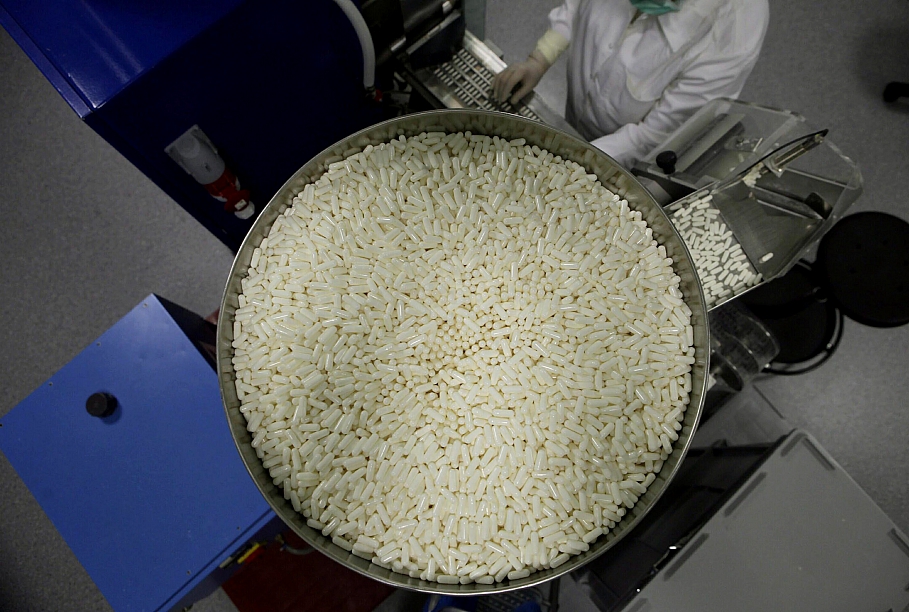"There is currently a lack of clear scientific information on excretion times," the doping agency said in guidance distributed on Monday.
It said that athletes might be able to show that they "could not have known or suspected" Meldonium would still be in their systems having taken it before it was banned.
"In these circumstances, Wada considers that there may be grounds for no fault or negligence on the part of the athlete," added the guidance.
On Wednesday, Wada issued a statement saying the new guidance was "not an amnesty" for athletes and they must still explain to anti-doping authorities how the substance was in their body, reported the BBC.
Over a hundred positive tests for Meldonium in various sports and places — often in Russia — have been established since the drug was prohibited by WADA.
In what was the highest-profile case Russian tennis star Maria Sharapova announced mid-March that she tested positive for the drug during the Australian Open.
Mildronāts, Mildronate, or meldonium is a heart drug. It has been used to treat ischemia, or lack of blood flow.
Developed in Latvia, meldonium has been used to treat ischemia, or lack of blood flow. Meldonium had previously been on WADA's list of drugs to be monitored.
Mildronāts is one of the most successful medicinal exports from Latvia. In 2013, export turnover of the drug reached €65 million. It is produced by the Latvian pharmaceutical company Grindeks.
Banned it may be, but manufacturers say they have stepped up production in response to international interest.




























